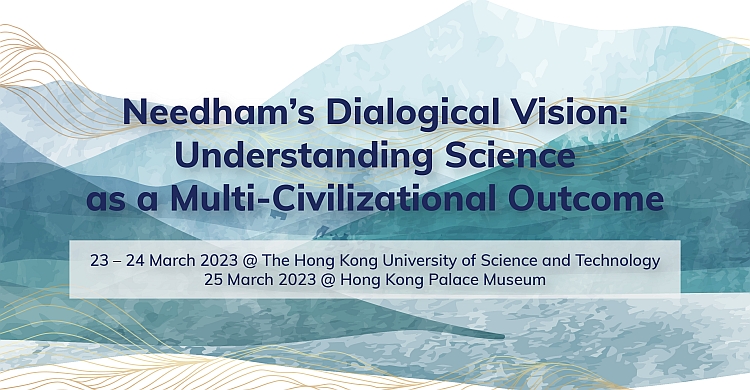Throughout Dr. Joseph Needham's work on the series Science and Civilisation in China – henceforth labeled ‘SCC’ – which he began in the late 1940s and continued until his death on 24 March 1995, Dr. Needham constantly asked and reflected on why ancient Chinese science and technology which was ahead of the West from the 2nd century CE fell behind after the 17th century, and largely missed the transition to modern science. Needham’s so-called “Grand Comparative Question” continues to be the subject of lively discussion and debate in many international forums today.
In July 2015, the 20th death anniversary of Dr. Needham, a group of his “SCC” collaborators and close associates gathered at the Needham Research Institute to reflect on the Needham heritage, and ways of carrying his legacy forward in new directions beyond the focus of his comparative question.
In March 2018, in conjunction with the 12th Joseph Needham Memorial Lecture in Hong Kong, the JNFSC organized jointly with the Needham Research Institute, the Chinese University of Hong Kong, and the Hong Kong University of Science and Technology, the “Joseph Needham Symposium on Early Cultural and Scientific Transmission across Eurasia with Asia”.
Shortly thereafter, the JNFSC/NRI believed it was time to revisit the comparative question in a conference jointly organized with the University of Science and Technology Beijing and the University of Chinese Academy of Sciences. It was also designed to commemorate Needham’s 25th death anniversary in Beijing on 23–25 March 2020. But the scheduled conference had to be unfortunately cancelled owing to the outbreak of coronavirus-19 global pandemic.
However, by the time an organizing committee was convened for a new conference it became evident that the impetus of Needham’s comparative question had become less urgent. A vast body of literature had emerged since Needham’s pioneering work, in part inspired by his pioneering efforts and inspiration, which showed that what was important was to understand how interconnections of civilizations over the last three thousand years, and the exchanges of cosmological, mathematical, geographical, physical, biological and medical technologies, techniques, practices and knowledge, had been woven together to make modern science possible. Although Needham himself had on numerous occasions stressed the importance of the connected history of science and technology, and the circulations of know-how and knowledge with associated dialogical exchanges, this crucial dimension of science history has hitherto been marginalized by the overemphasis on his comparative question.
The forthcoming conference on Needham’s Dialogical Vision: Understanding Science as a Multi-Civilizational Outcome will address Needham’s dialogical question of how and why such exchanges across cultures came to enrich modern science today.





